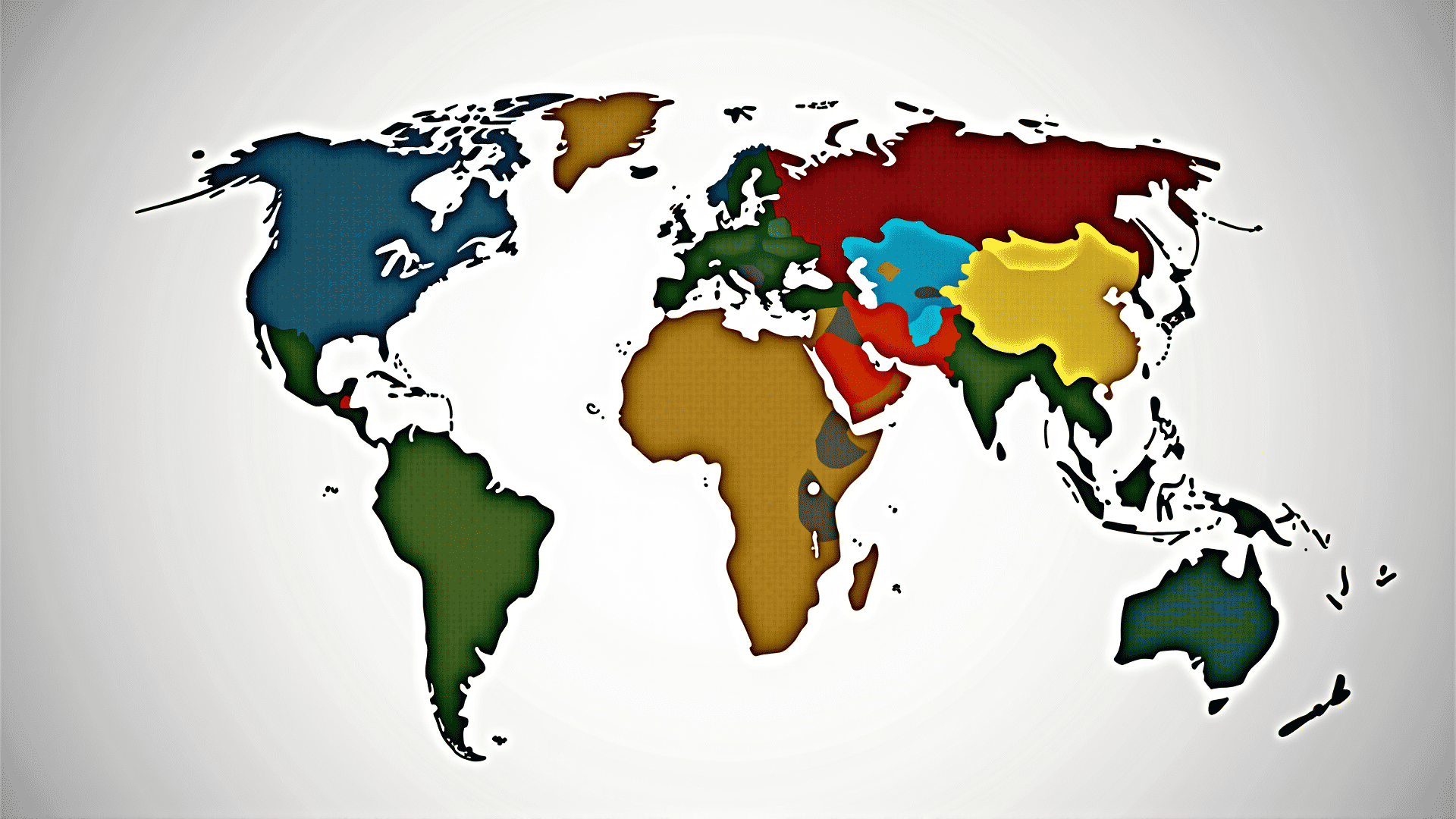In a world that is increasingly interconnected, understanding our ethnic origins has become more relevant than ever. The diversity of our genetic makeup is not only a testament to the rich tapestry of human history but also a key to understanding our own identities. With advancements in genetic testing, gaining insight into one’s ethnic origins is now accessible to anyone curious about their ancestral roots.
Modern technology has transformed the way we explore our genealogy. Gone are the days when family trees and historical records were the sole resources for discovering ancestry. Today, DNA testing provides a more comprehensive, scientific approach to uncovering the complexities of our ethnic backgrounds. By analyzing genetic markers, these tests offer detailed reports that break down the percentage of ethnicities that comprise an individual's genetic makeup.
One of the most fascinating aspects of ethnic origins analysis is the realization of how interconnected we all are. Migration patterns throughout history have contributed to a rich mixture of genetic diversity within individuals. Many people are often surprised to learn about the unexpected ethnicities present in their DNA, which may include traces of distant cultures and regions they had not previously associated with their family history. This knowledge can foster a greater appreciation and understanding of the blending and evolution of cultures over time.
Detailed ethnic origin reports typically categorize genetic ancestry into various regions or ethnic groups. These reports provide not just the geographical areas of origin but also deeper insights into the specific historical and cultural contexts associated with those regions. Whether it's a Celtic heritage from the British Isles or indigenous roots from the Americas, understanding the nuances of such ancestry can be enlightening, offering a new perspective on one’s personal history.
Beyond personal discovery, these insights have broader implications. For many, understanding their ethnic origins can deepen their connection to different cultures and histories, promoting greater cultural appreciation and sensitivity. Moreover, there are social and health benefits to consider. Some genetic predispositions to diseases are associated with particular ethnic backgrounds, and knowing one's full ethnic makeup can aid in proactive health management and research.
However, it's important to approach this technology with a cautious mindset. While genetic testing can reveal fascinating information, it is not infallible and should not be seen as the sole resource for understanding identity. Historical migrations, intermarriages, and the limitations of current databases can sometimes result in less precise outputs. Thus, these reports should be considered as part of a larger puzzle, complemented by personal narratives and historical records.
In conclusion, as we strive to embrace the full spectrum of our identities, exploring our ethnic origins through detailed genetic reports offers a pathway to understanding the diverse threads that weave together to form the unique tapestry of who we are. Through the lens of science and history, we gain a fuller picture of the human experience, fostering a sense of belonging that transcends borders and time. Whether you're seeking to honor your ancestors, connect with distant relatives, or simply satisfy a curiosity about the past, these insights are a powerful tool in the journey of self-discovery.
